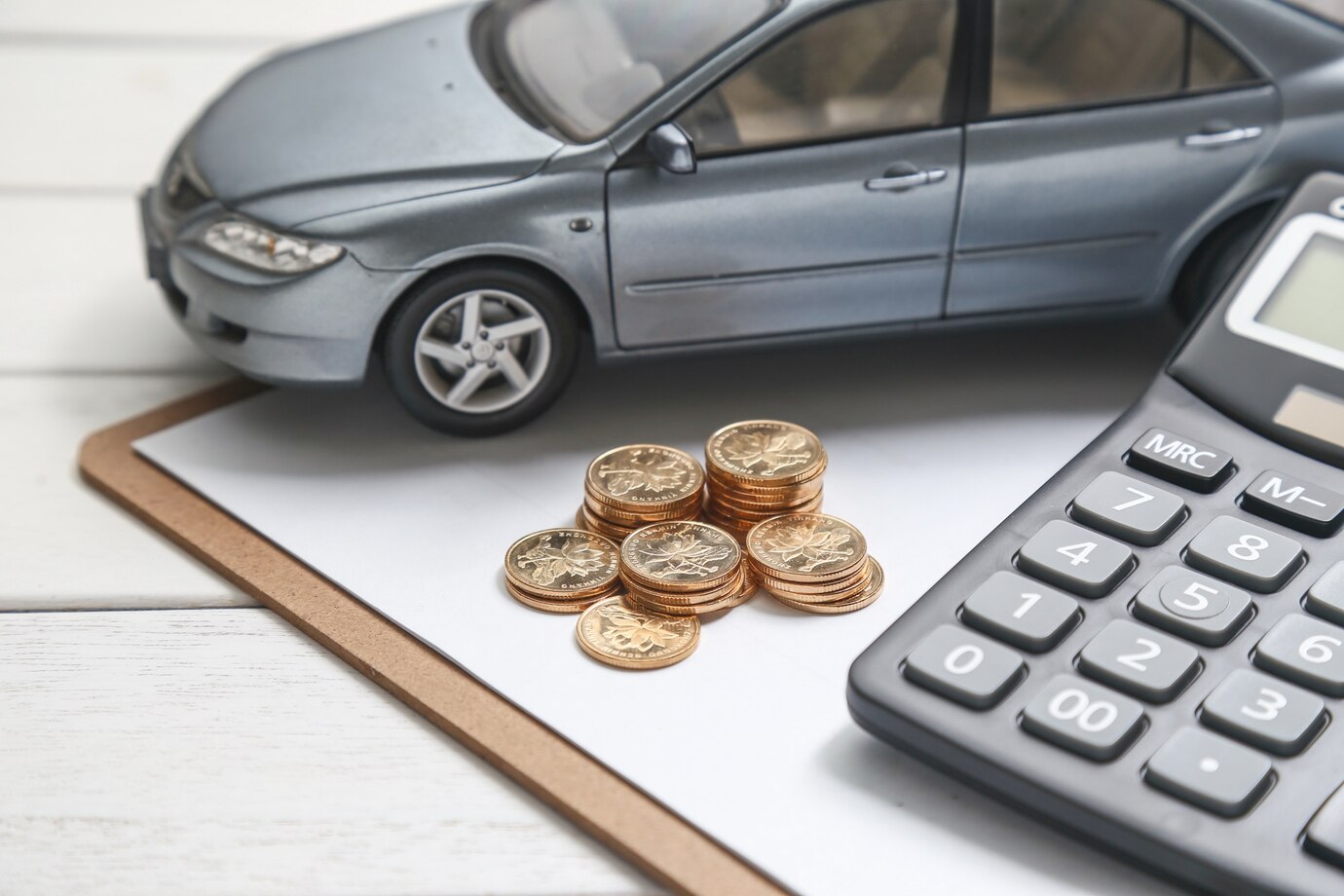Buying a car is not just a lifestyle choice—it's a major financial decision. Whether you go for a brand-new vehicle or a pre-owned one, each option comes with its own set of costs, risks, and benefits. So, how do you decide which is the better financial move: a new car or a used car?
The True Cost of Ownership
When choosing between a new and used car, don't just compare sticker prices. Consider the Total Cost of Ownership (TCO), which includes:
- Purchase price
- Loan interest
- Insurance premiums
- Maintenance & repairs
- Fuel efficiency
- Depreciation
Let's dive deeper into each factor to understand how they impact your finances over time.
1. Purchase Price and Loan Amount
New Cars: Typically cost 20-40% more than used counterparts. While they offer the latest tech and full warranties, you may need a larger loan.
Used Cars: More affordable upfront. You may even skip financing altogether if you buy within your savings. Lower loan amounts mean less interest paid over time.
Use our Car Loan EMI Calculator to compare EMIs for new and used car loans.
2. Depreciation: The Silent Wallet Drainer
New Cars: Lose 15-25% of their value in the first year and nearly 50% within 3-4 years. That means your ₹10 lakh car could be worth just ₹5-6 lakhs in a few years.
Used Cars: Since the steepest depreciation already occurred, the resale value stays relatively stable. You lose less money over time.
3. Loan Interest and Tenure
New Cars: Attract lower interest rates (typically 7-9%) and longer tenures (up to 7 years). EMI may look smaller, but the total interest payout is higher.
Used Cars: Interest rates are higher (10-15%) and tenure shorter (3-5 years). But since loan amounts are lower, you still pay less overall.
4. Insurance Costs
New Cars: Require higher premiums due to their higher market value. Add-ons like zero-depreciation cover further increase the cost.
Used Cars: Insurance is cheaper. You can even opt for third-party only if the car is old enough, reducing your recurring expenses.
5. Maintenance and Repairs
New Cars: Come with warranties and free services for 2-5 years. Maintenance costs are low initially, but increase after the warranty period.
Used Cars: Require more frequent maintenance. Without a warranty, repair costs can surprise you—especially with older or luxury models.
6. Fuel Efficiency and Technology
New Cars: Feature the latest in fuel efficiency, safety features, and smart connectivity. Over time, these benefits can offset initial costs.
Used Cars: Slightly older models may lack advanced tech, but many still offer decent mileage and comfort.
7. Resale Value
New Cars: As mentioned, they depreciate quickly, so resale value drops rapidly.
Used Cars: You can often resell at a price close to what you paid, especially if bought at 3-5 years old and kept well-maintained.
8. Emotional vs. Financial Satisfaction
Buying a new car comes with emotional satisfaction—brand-new interiors, peace of mind, and that "new car smell." But from a strictly financial standpoint, it may not always be the smartest move.
Used cars may lack the sparkle but offer greater value per rupee spent. Financially conscious buyers often favor this route.
When to Choose a New Car
- You want the latest tech, design, and fuel efficiency
- You drive long distances and need manufacturer support
- You plan to keep the car for 7–10 years
- You're getting promotional offers or exchange benefits
When to Choose a Used Car
- You want to minimize loan burden and monthly EMIs
- You're a new driver and okay with minor imperfections
- You plan to upgrade in 2–4 years
- You found a well-maintained, low-mileage car
Quick Comparison Table
| Factor | New Car | Used Car |
|---|---|---|
| Initial Cost | High | Low |
| Depreciation | High in early years | Slower |
| Loan Interest | Lower rates | Higher rates |
| Insurance | Expensive | Cheaper |
| Maintenance | Low initially | Higher long-term |
| Resale Value | Poor | Better |
Conclusion: Financial Verdict
If your goal is to maximize value and minimize debt, a used car is often the better financial decision. You avoid heavy depreciation, reduce loan burden, and can often upgrade more frequently.
If peace of mind, safety, and the joy of owning something new outweigh the financial trade-offs, a new car is a solid pick—just be mindful of how you finance it.
Before deciding, use our Car Loan EMI Calculator to simulate both scenarios and choose the option that aligns with your goals and income.



